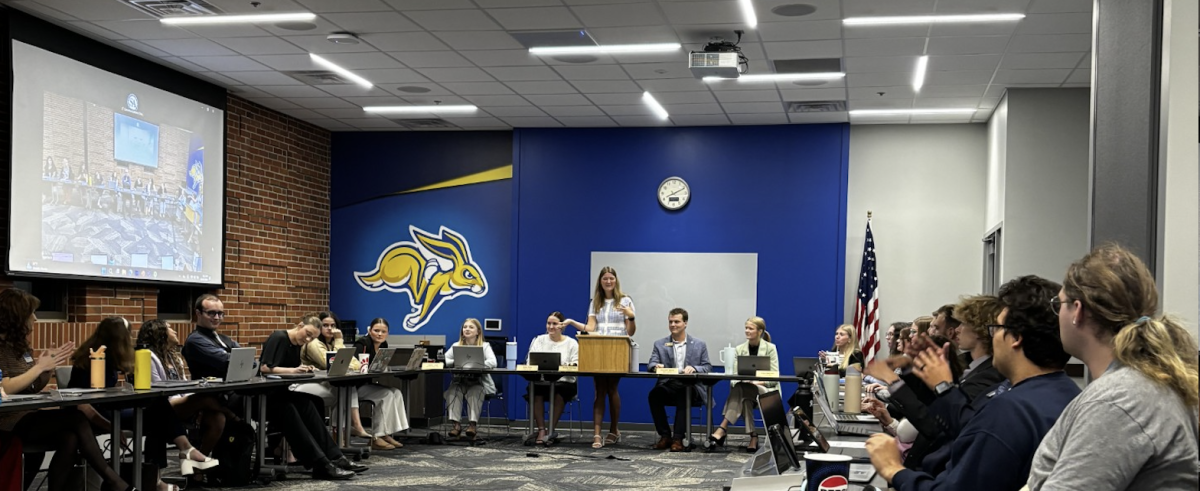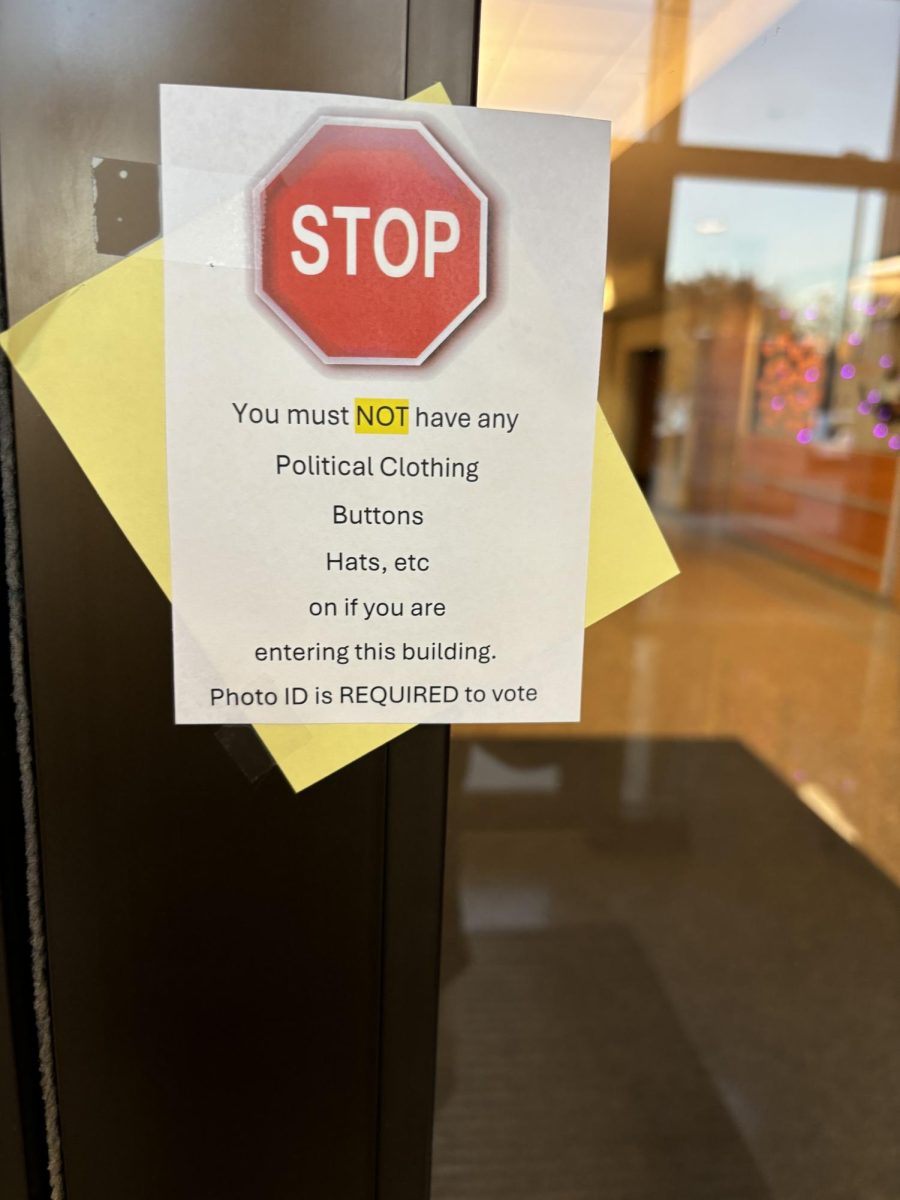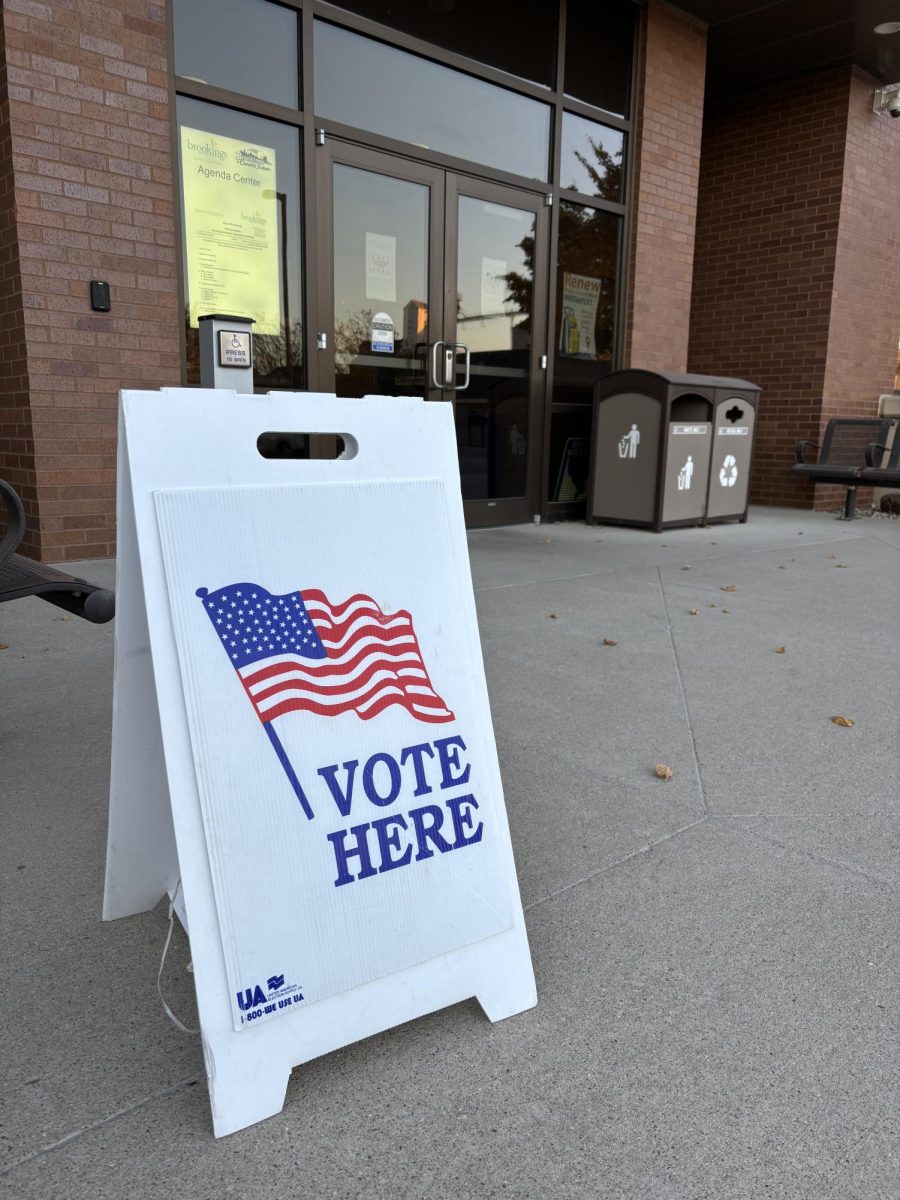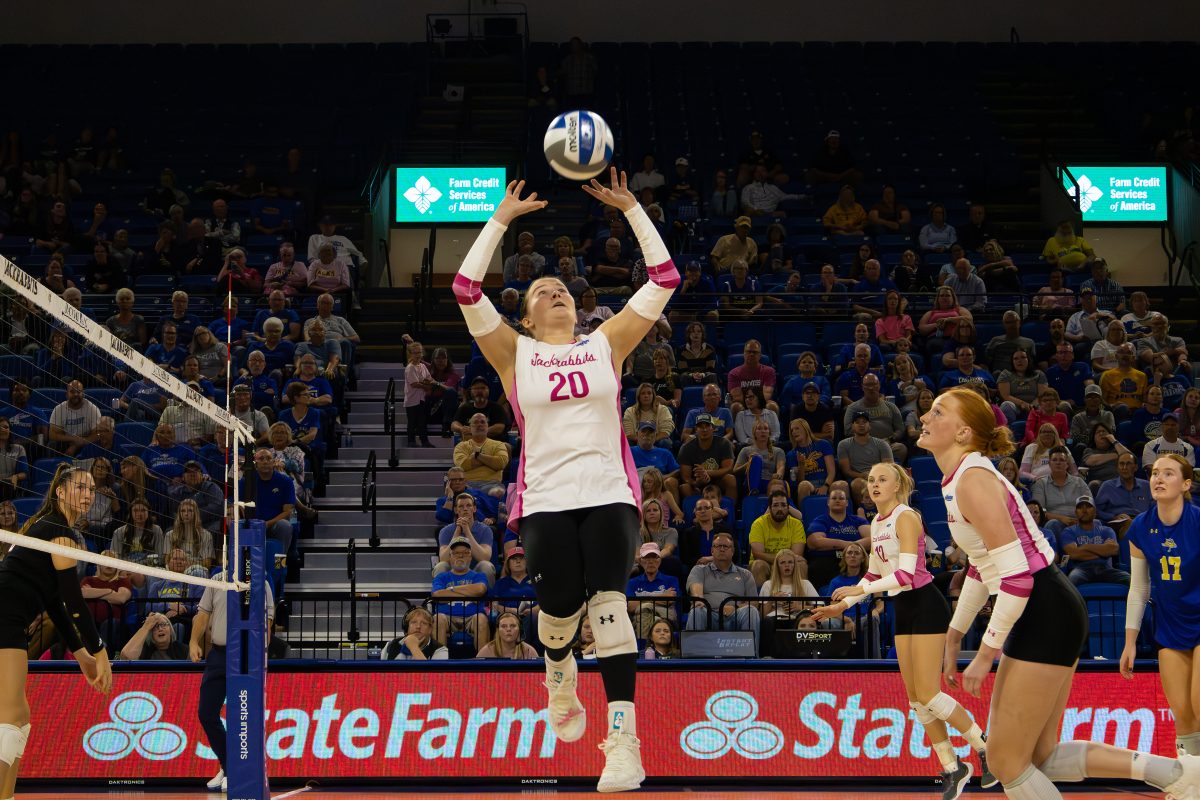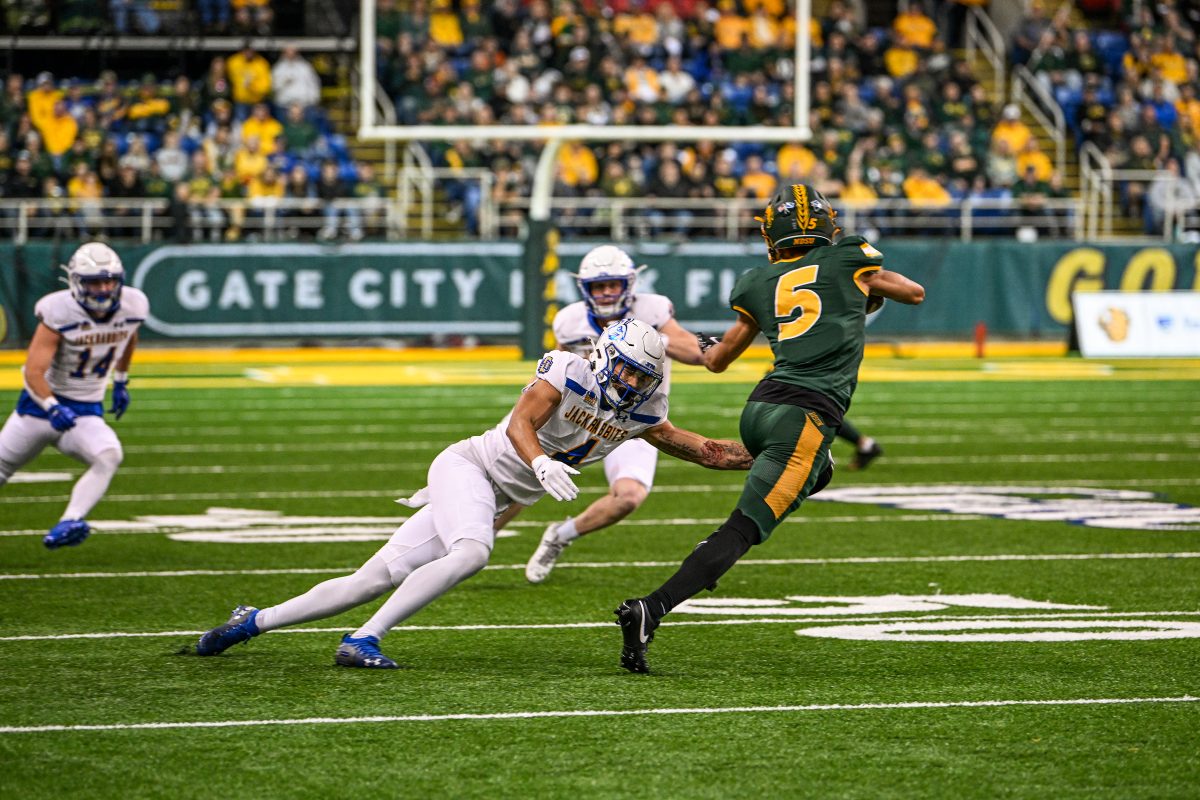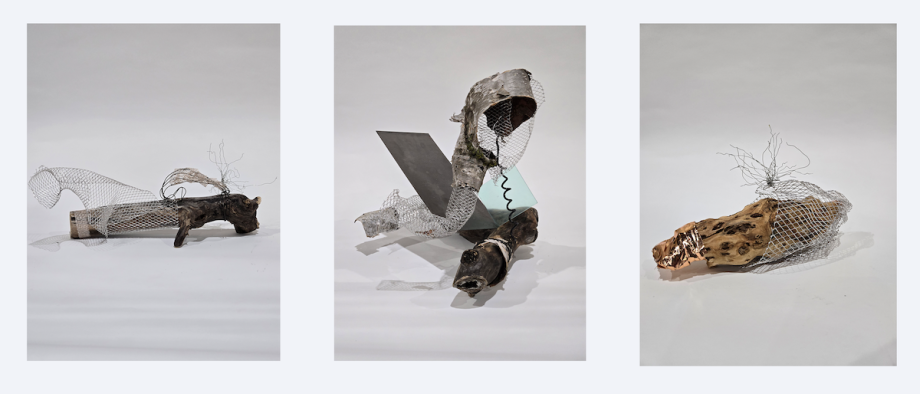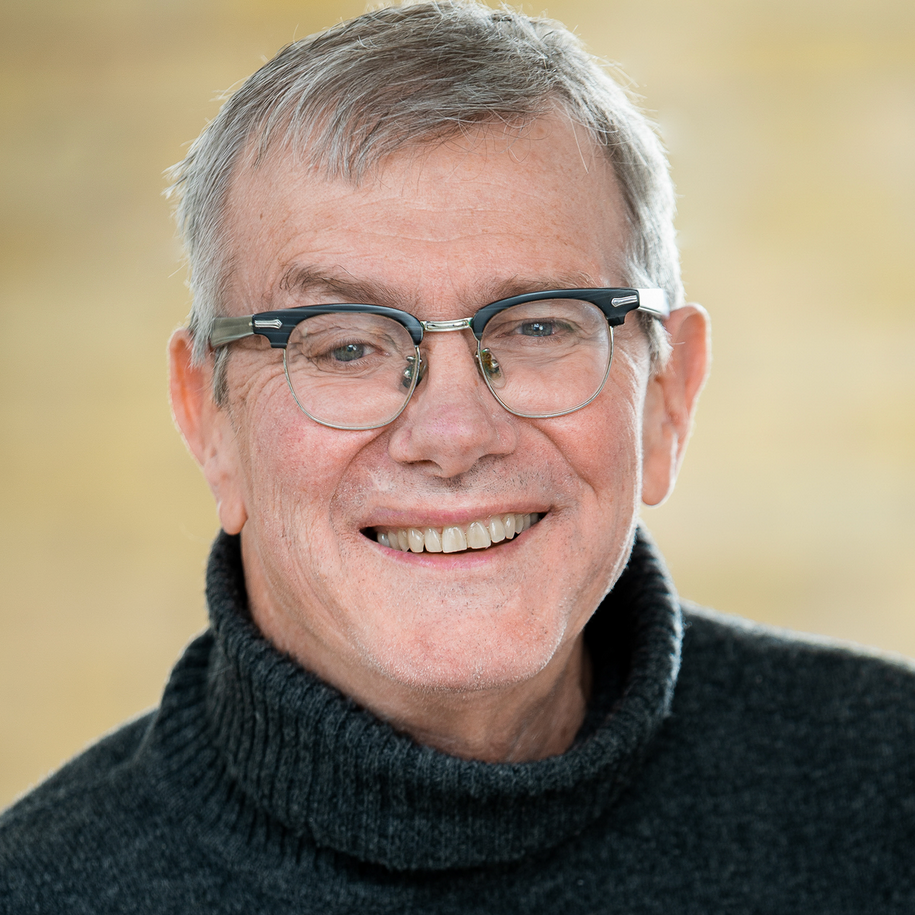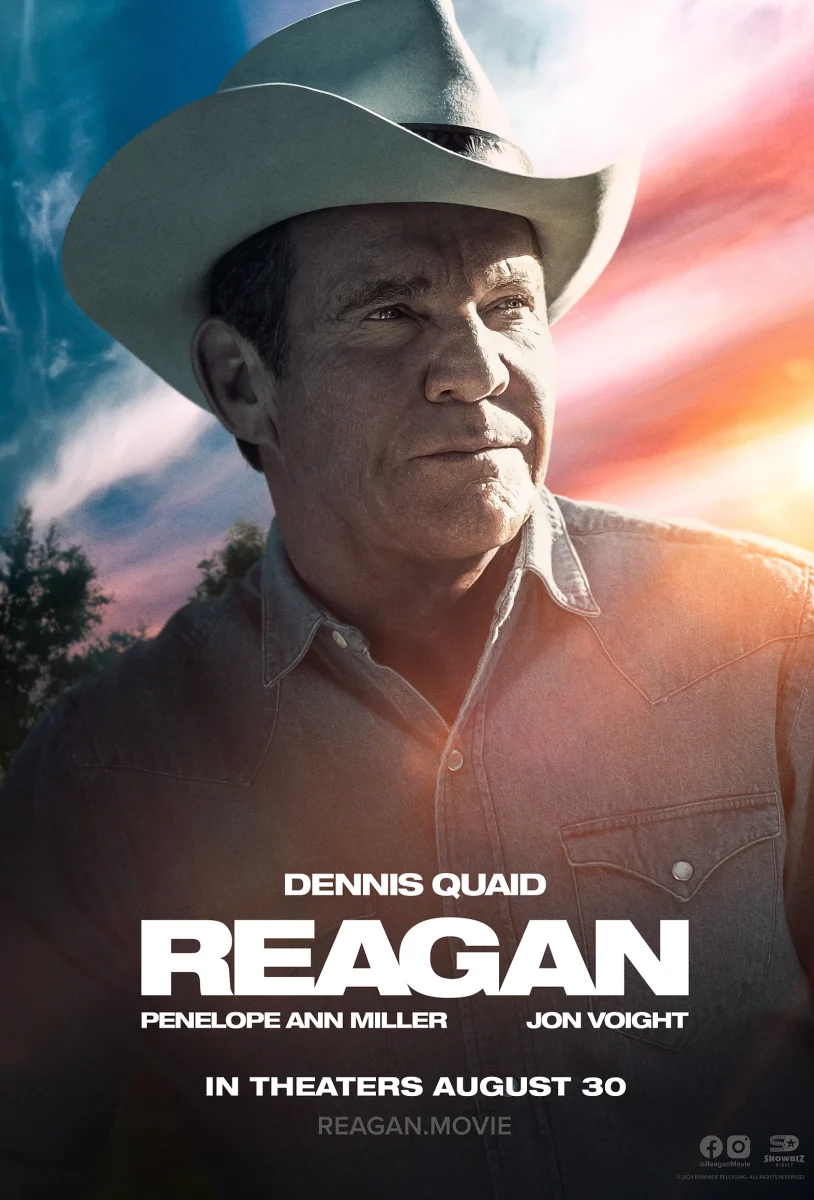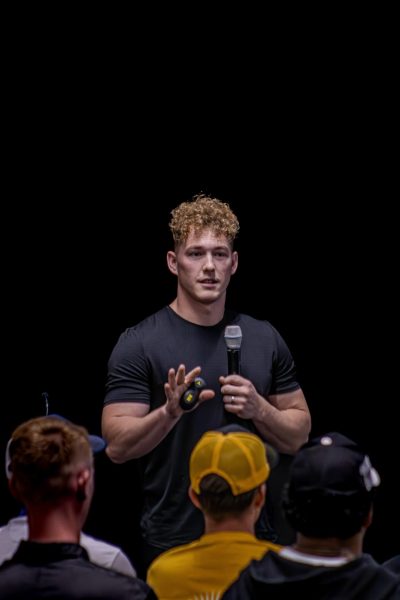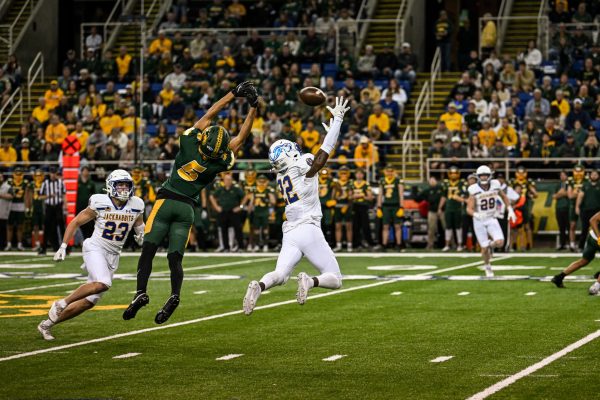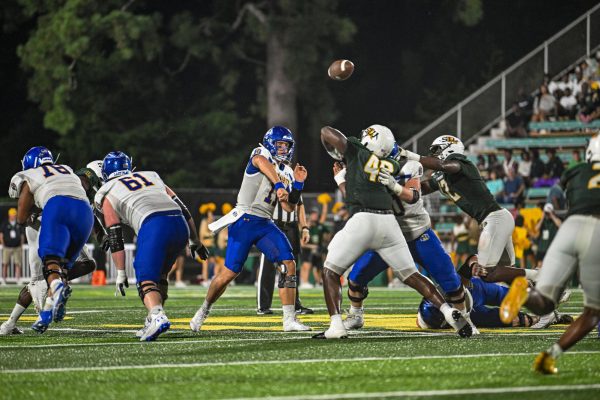Stereotypes separate human equality
April 11, 2005
Victoria Riggs
With graduation day quickly drawing near, some of the things that I have learned over the past four years that have impacted me the most have been coming to mind. One lesson in particular stands out.
In a spring 2002 semester women’s study class taught by Christy Garst-Santos, we had an interesting exercise that taught me quite a lot about myself.
The topic was the state of white privilege that exists in America. The assignment was to answer a list of questions pertaining to everyday living. I would like to share my answers to those questions and pose the same questions to you.
* I have never had a job interview with a colored person. Have you?
* I have never had a colored supervisor. Have you?
* I have never had a colored teacher. Have you? (Seven semesters later I have now had one.)
* I have never had a colored physician. Have you?
* The majority of my co-workers have been white. Have yours?
* I have never applied for a loan through a colored loan officer. Have you?
* I have never been pulled over by a colored police officer, or had a colored judge presiding over a legal proceeding (divorce). Have you?
* My race is presented in a positive way in the newspapers I read. Is yours?
* Because the target group for the majority of advertising is white, I can relate to the majority of ads. Can you?
Awareness about underprivileged racial classes is a part of my earliest memories. I remember seeing on television at age 10 the fire hoses and police dogs turned loose on little black children in the early ’60s. It was very confusing and troubling to me even at a young age.
The only “black” and “red” skins that I had been exposed to in southwestern Wisconsin were the angus cattle that calmly grazed in the surrounding pastures. The color of a person’s skin was a non-issue in my family, as was hatred or discrimination.
The first time that I ever saw a real-life person with black skin was the time my family traveled through Chicago on the way to visit relatives in Indiana. A black family in the car next to us during rush-hour on the Chicago loop had several children in the back seat, which I studied intently until my mother reminded me that it was rude to stare. How I wanted to touch their strands of tough curly hair bound with colorful barrettes.
They wouldn’t look back at me. It wasn’t until years later that I realized that they were probably afraid that I would roll down my window and unleash a fire hose or police dog on them if they did. I was their enemy whether I meant to be or not.
If it’s any consolation to those of you with skin not-of-the-white-kind, we whites can be quite condemning of one another as well.
In the course of my lifetime, I have been referred to as a “damn hippie,” a “damn feminist,” a “damn war protester,” a “damn tree-hugger” and a “damn Mormon.” I am no longer a hippie, a war protester or a Mormon. I have converted from being a feminist to being a humanist. And, yes, if you must know, I always have aluminum cans rattling around in my car that I pick up to be recycled.
I would like to think that in spite of all of that supposed awfulness, I have been a citizen who contributed to the better good. I vote. I donate blood. I was a stay-at-home mom who volunteered to coach soccer and serve for five years as a den mother. I kept one eye out after school for the unsupervised latch-key kids who roamed about, often inviting them to hang out with my kids in our backyard.
I suppose that now that I am 50-something, about the only thing left for me to be accused of being is a “damn baby-boomer,” responsible for the social security debacle.
Yes, getting a college degree has taught me much about myself. It has taught me that knowledge is power. The direct correlation is that a country is only as strong as its individual citizens. If we cannot strive for equality within our own country, how can we “play nicely and get along with the children” in our world neighborhoods? Simple. Start small. It’ws about attitude.
The next time you are in a hurry to get out of town for the weekend and a huge piece of farm machinery is hogging the road and slowing you down, be sure you include all five fingers in a hand gesture of thanks to the driver. He is way overworked and underpaid for the privilege of keeping food on your table.
Fortunately, this country has become much more color-blind in my lifetime.
Unfortunately, it has had to be forced by legislation.
With little effort, we can all make it a habit to notice the similarities, and not just the differences, which exist in the people around us, no matter what their color or cultural origins.
There is plenty of room in this great big country of ours to spread out the blanket of privilege for everyone to sit on comfortably. Each of us has to scoot over just a bit in order to make that room.
Victoria Riggs is a senior journalism major and Collegian business
#1.885145:3152253071.jpg:victoriamugsucks.jpg:Victoria Riggs:



